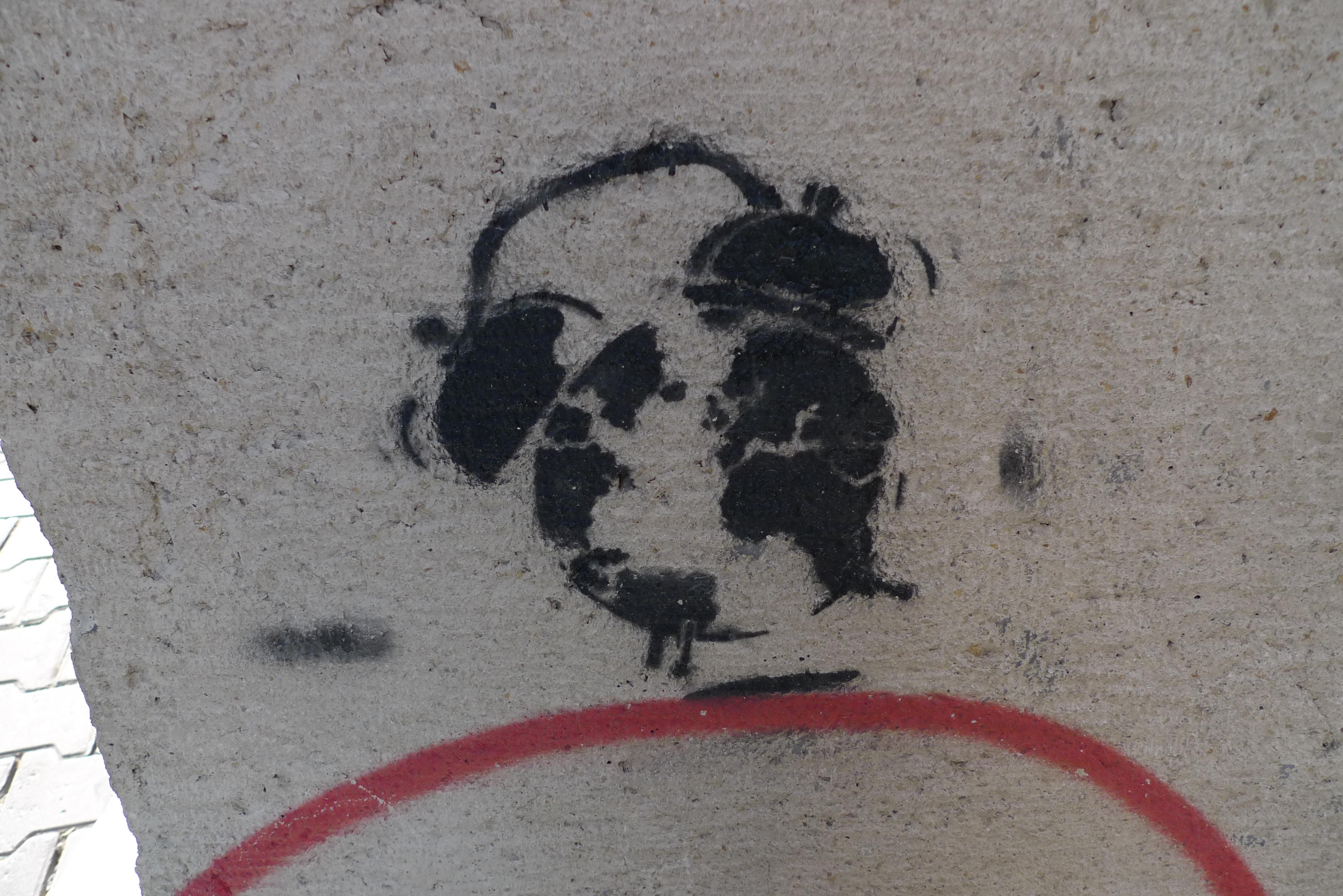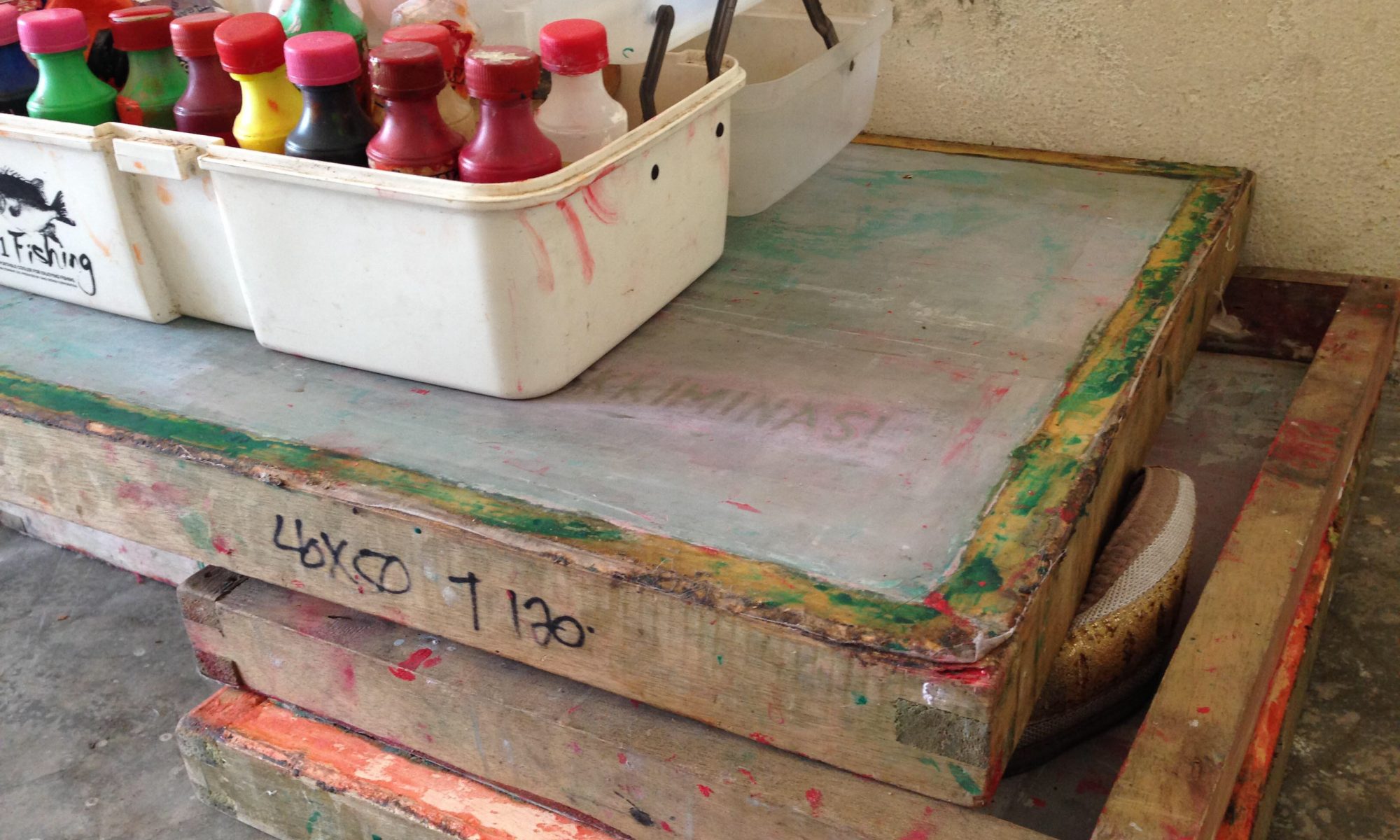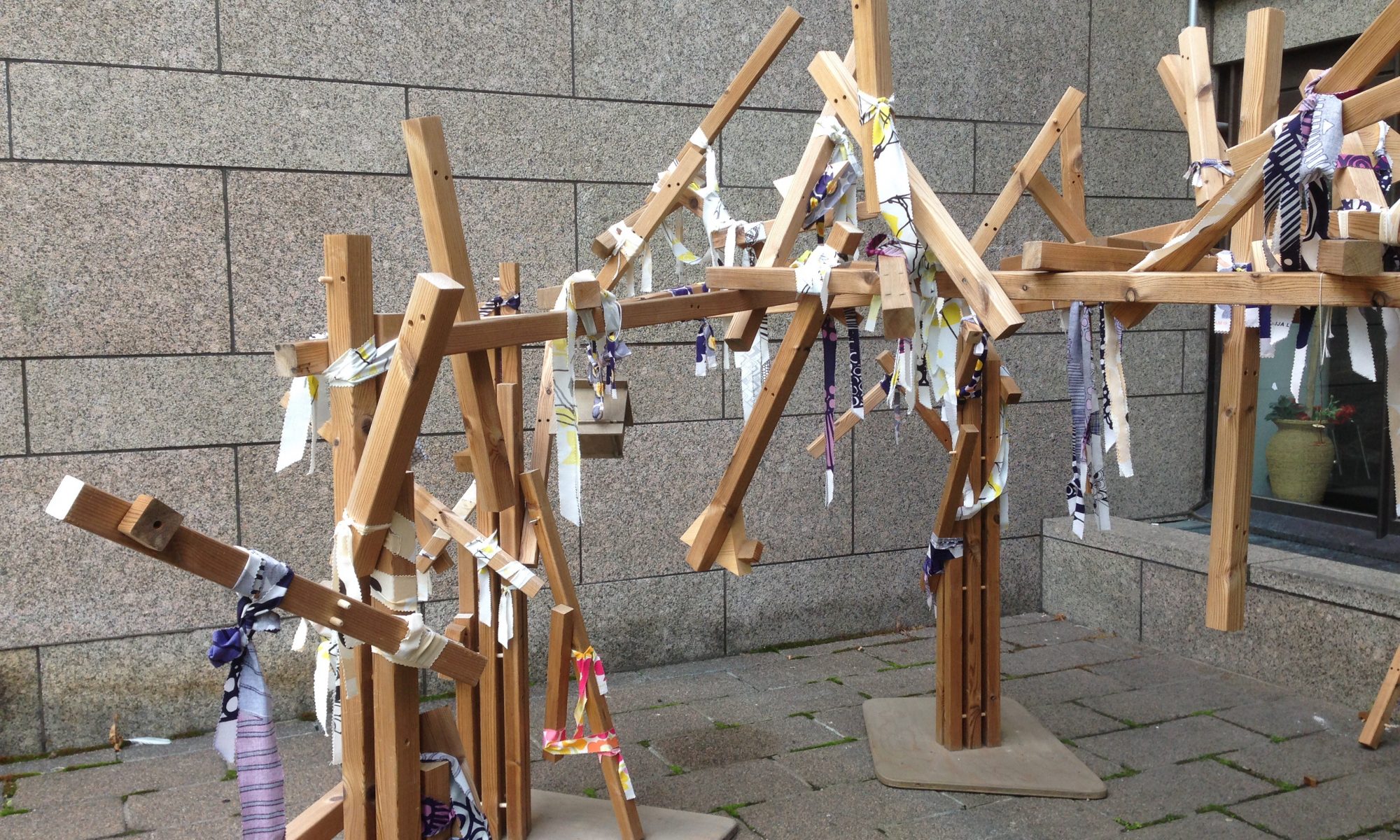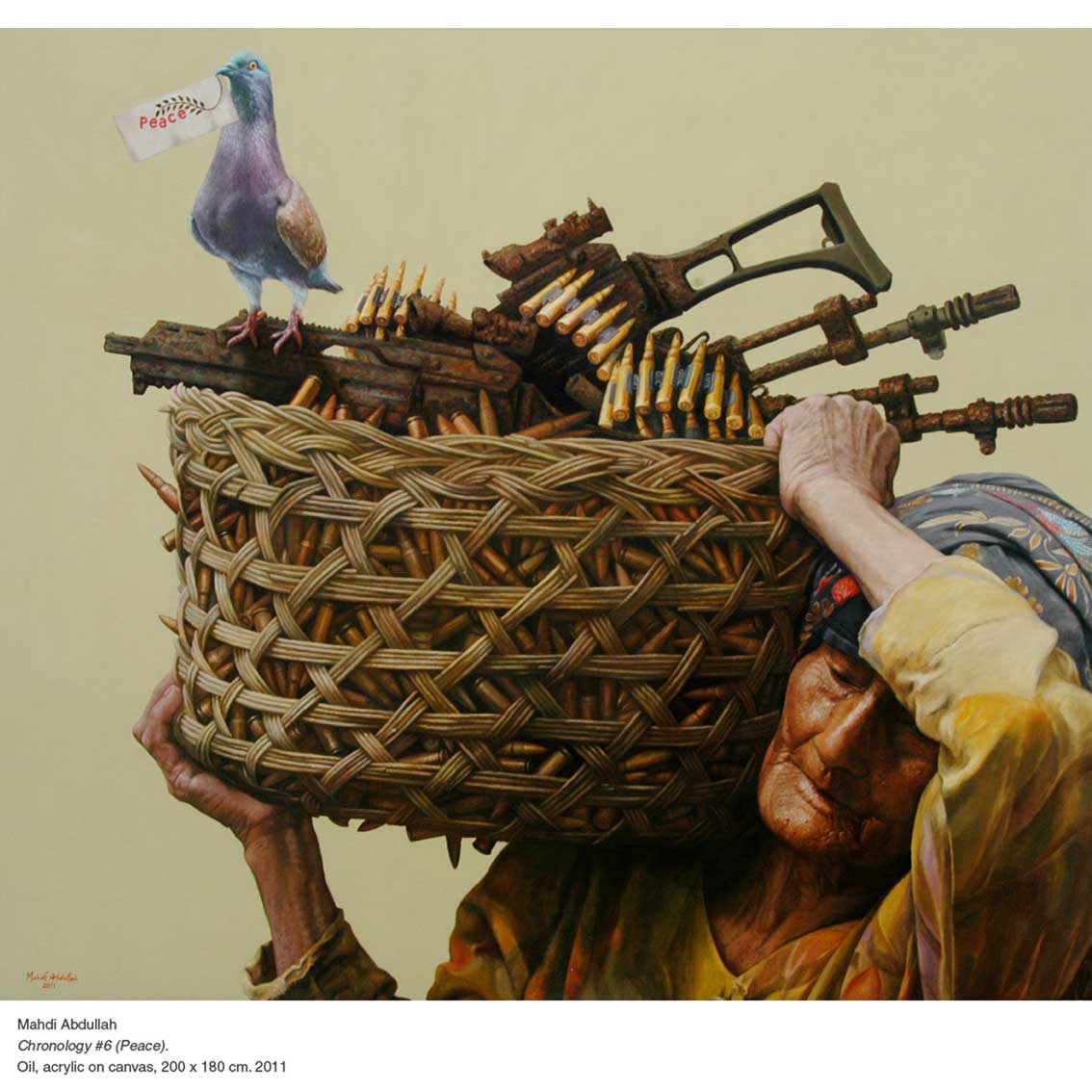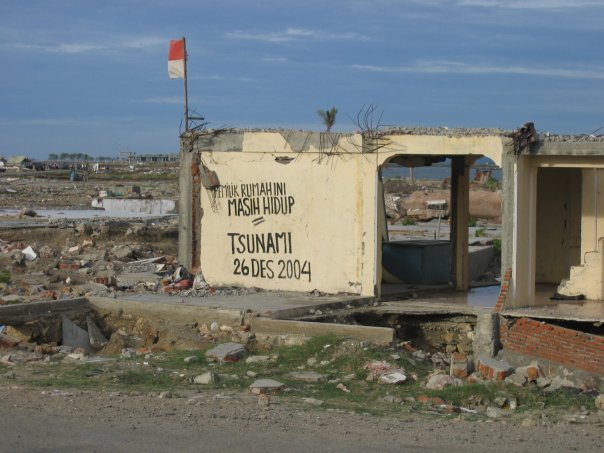English version of the talk prepared for the event “Not Just Silence – Visiting Aceh Now for a Sustainable Recovery (16th Anniversary of the Aceh Tsunami)” on 26th December 2020 (check against delivery)
World’s eyes – what do we mean by it? Whose eyes are they; I am often left to wonder:
if their eyes were closed, if their eyes were wide open? did the world know you, your struggles, and your sorrows. did the world listen to you? or did they tell you the direction to take? not simply suggesting, but maybe also pushing, just a bit. did we respect your dreams or claim they were not mature enough? and who did we listen to, thinking that is the authentic voice that represents all, in your diversity?
Under the western eyes, as Chandra Mohanty wrote in the Eighties – is the process of the “eyes of the world ” or the eurocentric eye, which shapes the analysis of the realities of life around the world into a monolithic entity – without its own voice. Or actually, surely there is a voice, long enough since colonial times, for sure, but the world is too busy to notice. Or if it listens, it’s mostly as a result of of a crisis or a disaster. The problem is, one cannot always tell how these eyes interpret what they see, or moreover, what their actions become, based on what they see.
Disasters, we are told, are possibilities for transformative change. What we don’t know is whether these transformations were really based on the expressed needs, wants, or desires. Or perhaps, there may be some competitive forces aiming for transformation: aiming at making places, and people, change for the better: build back better.
What would happen, the poet asked,if women told the truth about their lives? The world would split open. (World’s Bell/Chakra Dunia from Debra H. Yatim’s English-language poem collection titled Of Aceh and Turning Tides: Songs for My Sisters, 2005: 29)
***
I believe, a short introduction is in order, which I have been, rightly so, asked many times over the past 16 years: why I am (still) involved in the reconstruction of Aceh, or researching the gendered impacts of the reconstruction that promises to ”build back better”?
Before the December 2004 tsunami, I was involved as a volunteer in the peace movement in Finland, mostly holding peace education workshops in schools, but the movement also acted in solidarity with Acehnese human rights defenders, organisers of events, keeping the topic of Aceh visible in the Finnish consciousness, during the early years of 2000’s
After the tsunami, I arrived in Aceh in 2006 for the first time, like so many foreigners did, as a humanitarian aid worker – working in an international NGO, but also engaging with the work of Gender Working Group (GWG) that had been established to coordinate efforts to “engender” tsunami recovery and reconstruction efforts amongst the international, national, and local organisations – witnessing the difficulty for aid organisations to take clearly visible evidence of gender-based violence seriously.
From 2006 onwards my role has merely been as a researcher focusing on two longer research processes
- focusing on the Tsunami aid and the politics of the concept gender – what does it do/what the challenges were
- focusing on the urban lived experience of the peace amongst the residents at the margins who are aspiring to become part of the middle classes of the civilized city (kota Madani)
And finally, I have extended these research processes for a critical self-reflection in Finland: what does the claim of successful peace mediation in Aceh mean – or building a national brand for peace mediation – whose perspective the so-called success, is it?
In 2018, when documentary videos that were part of the urban ethnographic and life historical research in Banda Aceh were touring simultaneously in Aceh, and in Finland, I received a call from highest ranks of the peace mediator, questioning my critique of the success of the peace process. Asking questions about the research, it’s research methodology and data, and who in Aceh can confirm such results, suggesting also that such a display of research outcomes man hinder the sustainability of the peace itself!
This experience became a valuable added layer into the analysis of the power and hierarchy embedded in the knowledge claims made of the peace in Aceh. It also made me reflect upon the differences of spaces of deliberation of the challenges underlying in the peace process in Aceh and Finland. It seems that certain parties were narrating the results of the peace mediation, at the time, in such ways that it left very little space for alternatives. This made me, with my colleagues to reflect upon the continuum of global patriarchy embedded in the peace making and think what the consequences of that at the grassroots level – such as the streets of Banda Aceh, are.
***
The rest of my talk today consists of consists of three parts: firstly, observations made of the missed opportunities at the level of “eyes of the world” over these past 16 years as a peace activist, humanitarian aid worker, and a researcher, secondly, few words of the power and hierarchy of academic knowledge production in and on Aceh, and finally what lessons this offers for ways forward.
Missed opportunities by the “eyes of the world”
- Aid organisations created a separate spheres of post-conflict and post-disaster reconstruction (longer story why it happened, it was due to conflict dynamics/and armed conflict/reconstruction mandate) – it impacted the ways “solutions to women’s and men’s lives were imagined”
- Aid organisations that were not equipped to converse on religion and gender norms, decided to take a back seat
- Not many structures were sensitized to Acehnese history of women in politics, women as human rights defenders, or generally how Acehnese culture, history and Islam do not replicate Eurocentric notions of women that have to be saved
- This resulted either in a silence on gendered concerns, or wishing to “save the Muslim women” – and fuelling European growing islamophobia in the aftermath of 9/11
- Thus, both aid organisations and conservative local religious forces used Gender as a synonym for West – a tool to silence or ignore indigenous/local women’s movement
- within GWG – great strategies were shared what alternative Islamic concepts to use instead of gender: such considering holistic notions of justice and equality, including that of the environment
- Inequalities do not simply divide people according to their gender – closer understandings of reconstruction and its impacts on environment, but also how structures of inequalities are intersectional or multiple
Who emerges as expert on these matters?
For example, when the AMM experts were after their return from Aceh interviewed if they had considered gender in their work (as all EU civilian crisis management missions were mandated to do in the aftermath of the UNSCR1325, their response was no – due to notion of gender as a western concept. The sad part of this is, the response reflects the ignorance of the the decades long work done in the gender and women’s study centres in both Syiah Kuala and UIN Ar-Raniry on the matter, an active scholarship on the questions of Islam, gender, and women’s empowerment
After, or simultaneous to the formal tsunami aid, the past 16 years has seen a tsunami of predominantly non-Acehnese (foreign or Indonesian) researchers, who have in English made both their careers and claims of the knowledge production of gender politics in Aceh – those who were active in GWG, since the reconstruction years and “gender budgets” have had to find other means of sustaining their livelihoods
New generation, but also Acehnology . knowledge in and on Aceh, has emerged: where Acehnese start producing knowledge on their own terms – a great result of the support given, as part of the official reconstruction efforts, to growing new generation of scholars and researchers who continue contributing to the Acehnese higher education, and grassroots activism, in Aceh.
Further: when research reaches artists, poets, or a younger generation with a pen and paper – new perspectives emerge that create new possibilities for inclusiveness and dialogue with the ordinary people (orang kecil), who live in the shadow of reconstruction, peacebuilding, or webinar experts like ourselves gathered on this occasion.
Thus, there resides the potential for the sphere of academia to come to terms with the demands to “decolonize academia” – decentre European theories or Eurocentric understandings of the world – or practice careful analysis, as Chandra Talpande Mohanty has suggested: recognise the structures of power that distance and differentiates those who know, and those of whom we are speaking about/or we are speaking for.
Finally, what the “eyes of the world” are to do then?
Firstly, I suggest, we need to multiply pluralist voices of women – women and their struggles and concerns are also not one – but depends on their experiences of reconstruction structures
Secondly, pay attention that certain groups of uneducated and older Acehnese, who are fully aware of the gendered realities around them, and the role they can play in striving towards justice and wellbeing for all. I offer just one example of this: during my research process, encounters with an elderly ex-combatant, and Sufi healer, whose family is struggling from structural poverty and neglect in peace reconstruction efforts, offered his insights using the term ilmu bodoh (foolish knowledge, translated into English in Jauhola 2020). Essentially, this ilmu bodoh is a critical analysis of post-conflict masculinities, extractivism masculinism and political economy – comparing it with the ideology that was drawing him to join the armed struggle in the 1970’s – and witnessing the peace surrounding him to be full of disappointments, new violent dynamics and extractivist agendas. This means grounding our research perspectives in such ways that both draw from, but also contribute towards such already existing scholarship and concepts that are meaningful locally – respecting oral histories and transmission of knowledge such as ilmu bodoh suggests
Thirdly, to understand the impact and strategy of the global anti-gender movement – which is also very strong in Europe including Finland, we need to build new solidarity movements – in this movement the experiences and strategies of Aceh and Indonesia can teach the rest of the world.
The new Open Access book “Scraps of Hope in Banda Aceh: Gendered Urban Politics in the Aceh Peace Process” and the 14 documentary videos are freely downloadable from the Helsinki University Press website

